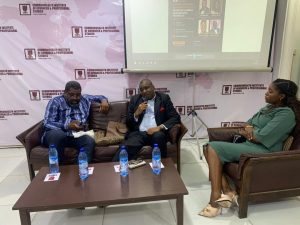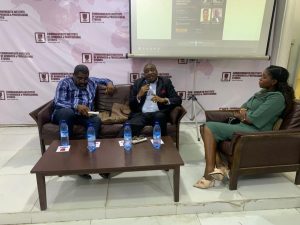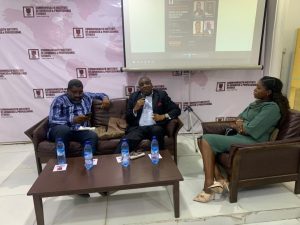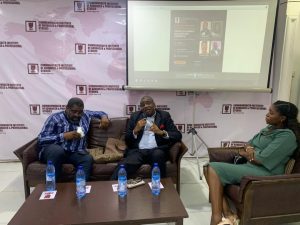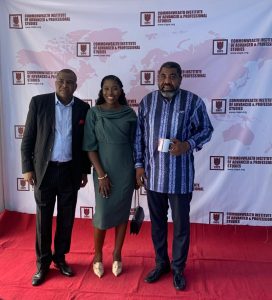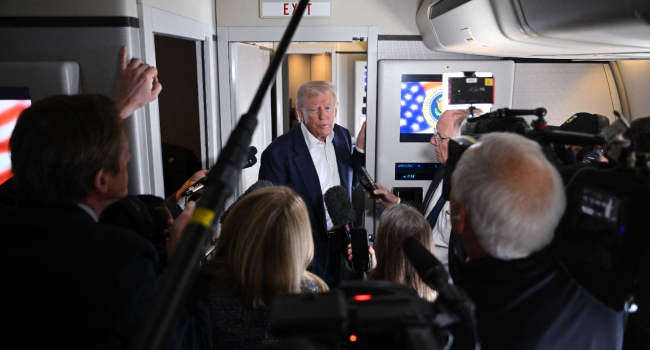When Donald Trump first peeped into the Presidential wagon to say he wanted to run, the reception was mixed. America was united nonetheless by what we can call ‘Washington fatigue.’ People were tired of the bureaucratic gridlock, the diplomatic rigmarole and the congressional multi speak that yielded little or no progress. The boredom was palpable just as the hunger for novelty was everywhere. The consensus was that something different needed to be injected into the political culture and governmental methods of Washington to get America out of its overall decline. America was fast degenerating into a museum of liberal democracy and a rusty showpiece of bureaucratic humdrum. The political drama was jaded just as the institutions were beginning to fray at the limits.
Donald Trump, long known for his disruptive behavior and public opinion outbursts and disturbing cultural insinuations was still very much a television presence better known for his disruptive interviews and business series “The Apprentice” patented for the cliché ‘You are fired’! When he showed up at a Republican political event in Atlanta to indicate he might be seeking the forthcoming presidential ticket for the presidency, there was a stir. The media went agog with a mixture of excitement and concern. People were excited that something different was about to disturb the political peace of Washington as it had become known. The majority were concerned that a major cultural disruption was in the making given Mr. Trump’s long held racist overtones. He had discriminated against some of his workers on grounds of skin colour; had taken worrisome sides in a much publicized case against black youth wrongly accused and convicted in a much publicized Central Park murder case. In the midst of the popular appeal of the Obama presidency, Trump had challenged Obama’s United States nationality by insisting that he was not a US citizen until his birther argument fell flat on its nose.
For one thing, people looked forward to a replacement of the clow pace of government with a faster pace usually associated with the private sector. The poorer rural and rust belt Americans glorified Trump as one of their own who had made good and could create an atmosphere in which ordinary Americans could aspire to and attain the American dream if only they could chase off immigrants and ‘strangers’.
Time has since passed. Trump has been elected President once before. He had inaugurated and presided over a divided America, promoted divisive policies that discriminated against blacks, Muslims and immigants especially from the rest of Latin America and the world. Stiff opposition to his divisive policies and stance has yielded the emergence of separatist movements including white supremacist factions like Proud Boys, MAGA. Black Lives Matter etc. His illiterate opposition to Covid-19 vaccinations and mask mandate facilitated his defeat by Joe Biden and the Democrats. In turn, a rather tepid and unimpressive tenure by the Democrats has ushered Mr. Trump back into the White House with a rousing mandate dominated by mostly white supremacist Americans and a hostile atmosphere against immigrants and a more diverse nation.
Armed with a fundamentalist agenda and fanatical hostility to immigrants, diversity, equality and integrative policies, Trump has in the last over 100 days presided over an isolationist, divisive and belligerent America, mistaking his new mandate for a vote for his extremist positions. His aggressive hostility towards individual nations-Mexico, Canada, Panama, Greenland, Denmark and other selected destinations has attracted to America the hostility and danger of erstwhile allies and presumed friends. In a thoughtless sweep of tariff wars against virtually every imaginable nation, Trump was in the process of upending the American economy when common sense pulled him back from the brinks. The Chines wrestled him to the ground and taught him the wisdom of discernment.
In an attempt to regain the acclaim which his ego values over and above basic common sense, he seems to have stumbled back to the original appeal of his presidential template. Trump was first admired for bringing the “can do” spirit of a business mogul to ‘drain the swamp’ of Washington. People looked forward to a new ethos, the ethos of a business culture and deal making to drive the stalled business of American governance. While the cultural and diplomatic hostilities that he has ignited glow in the background, Trump has reawakened the art of ‘deal making’ as his original primary appeal. In addition, he is dangling global salesmanship of America as a substitute for conventional diplomacy and foreign relations. To the American business community, he is dangling the prospect of heavy financial returns in the form of mega investments in the US economy to speed up economic growth and recovery.
In the last one week or more, this note of self rediscovery has turned Mr. Trump’s attention to salesmanship and marketing of America more as a merchandise than as a global power leader.
When reminded that his tariff blunders were beginning to drive the American economy to tank and isolate the United States into an isolated cubicle, Mr. Trump has revised his rhetoric into a desire to lure major partners to negotiate and make a deal. Predictably, the language of deal making as a strategy can only appeal to countries with large resource base and with an eye on leveraging the United States’ strategic and economic advantages.
Like the business man that he is, Mr. Trump has predictably surrounded himself with the major pillars of American finance and capital. Right from his inauguration, he has deliberately surrounded himself with the richest names in the United States. He even offered Elon Musk a slot in his cabinet to help him reduce the costs of government through a conscious disorganization of the machinery of government in Washington. In the process, the basic infrastructure of American soft power both at home and globally has been disoriented. Worldwide, American is being weakened progressively. Mr. Musk has beaten an untidy retreat to tend the business of Tesla and other matters.
Lacking the capacity to conduct diplomacy as the time honoured language of international relations, Mr. Trump has taken to hectoring allies and seeking to entice new allies into profitable deals. In this pursuit to replace diplomacy with transactional deals, Mr. Trump decided to head to carefully chosen Middle East countries in quest of new alliances and deals. He just returned from a four day trip to Saudi Arabia, Qatar and the United Arab Emirates. During the trips, Mr. Trip signed over 250 deals on a wide range of transactions covering investment, defense, technology, Artificial Intelligence etc.
In all of these deal making encounters, Mr. Trump, the quitessential business man and real estate wheeler dealer, did not forget his personal interests. In all the countries he chose to visit, there is a thinly disguised Trump mega investment and private project. These range from luxury resorts to Golf Courses, high rise towers to vast real estate ventures.
Easily the most conspicuous spin-off of these deal making ventures was the offer of a $450 million Boeing 747 clone jet Air Force One to Mr. Trump from the government of Qatar, a wealthy known financier of Hamas and other terrorist squads in the Middle East. This offer left Mr. Trump gasping for moral breadth as he was reminded of the constitutional, ethical and security barriers to his acceptance of such an unusual grandiose gift.
Beyond this hasty reversion to deal making in place of diplomacy, Mr. Trump has returned to Washington to face the real challenges of presiding over the United States as the lead nation of the world with real life challenges at home and abroad. The calamity of Israel’s atrocious war in Gaza is festering. The prospect of a peace agreement between Russia and Ukraine remains as untidy and in tatters as ever. No one knows how the stand off between India and Pakistan will end. A good number of the tariff wars set off by Mr. Trump remain smoldering and largely unresolved and may now return to haunt him.
There is a limit to deal making and deliberate provocation as strategies of national leadership. National and international leadership by a major global power remains a task of grit and grind demanding the old arts of governance and bureaucratic due process at home and diplomatic nuance abroad. The ways of government are as a long and winding as the corridors and hallways of the offices in which the business of state is run.
Sometimes, governments work best with crowds of employees milling around numerous questionable offices unlike a private corporation in which each occupied seat or cubicle is accounted for. One of the unexplored secrets of governments all over the world is that of why governments build foolish structures, observe stupid ceremonies and say foolish things. Sometimes, what is called the wisdom of state is elementary idiocy. That is government 101!
In the post 100-day period, Mr. trump and his handlers will come to grips with the reality that governance is still an ancient madness. It has its methods, its peculiar language and body language.
Even more peculiar are the demands of diplomacy and the demands of international relations. Nations bend and bow for each other in a peculiar manner that also has its language , demands and expectations. Wars are not commanded to end in 24 hours. Long held treaties do not just end abruptly. International boundaries drawn up after centuries old negotiations and treaties do not just end because some tyrant desires it to be so. Above all, the sovereignty of nations is not a function of the size of their territories or armies but the sanctity of their national histories and the reciprocal respect to which such history entitles each nation.
Back at home, Mr. Trump will have to decide whether presidential power is all about Trump and his billionaire friends or the welfare of the common American whose life circumstances are determined by prices in the grocery shop. Matters like gasoline prices, price of eggs, basic medications, rents, access to food etc. will come to override the movements of figures on Wall Street. Trump now has to make a deal with ordinary Americans over these issues of bread and butter.
By the mid term, the footprints of what may become the Trump legacy will have been firmly imprinted on the American landscape. The rough and tumble of the Trump era will have become something to prolong or forever discard as a bad dream. The hour is coming when Trump’s trade mark rhetoric will no longer appeal to anyone. The insults will be directed at himself. America will by then have come to decide whether it opted for positive reform of its democratic heritage or the institution of a pseudo monarchy of the Trump family and friends.
Like Trump is right now telling Iran: the United States can never ever have a king or a monarchy!
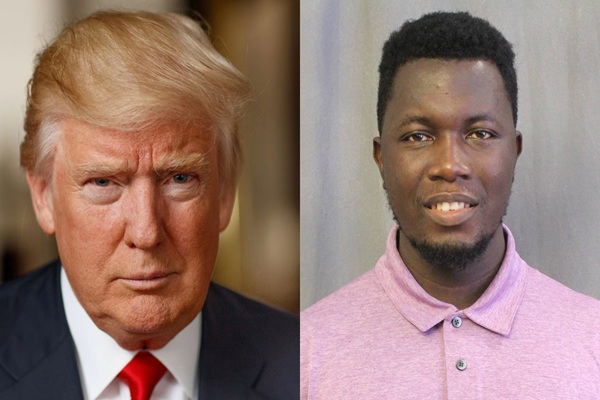

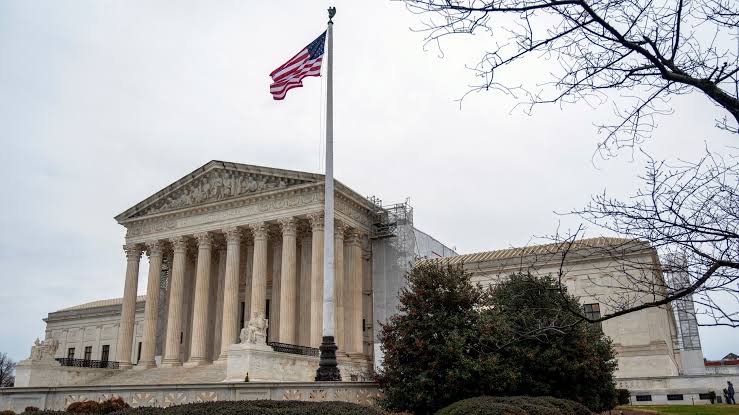
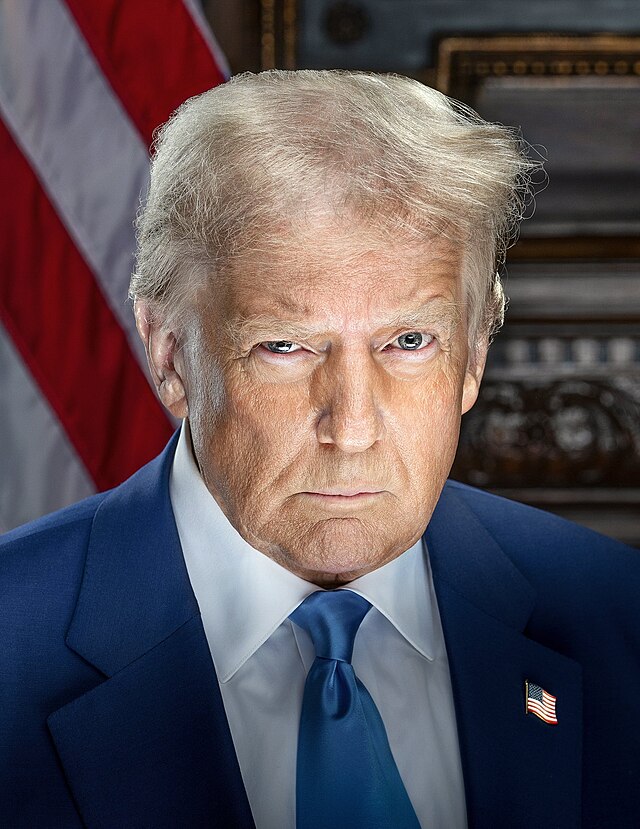
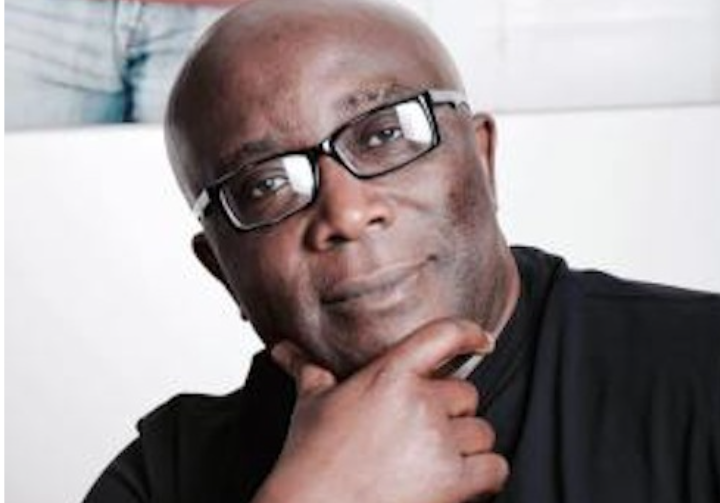
![Africa must react positively to Trump’s 2.0 Foreign Policy -Onyibe [Photos]](https://thenewsguru.ng/wp-content/uploads/2025/05/IMG-20250513-WA0006.jpg)
